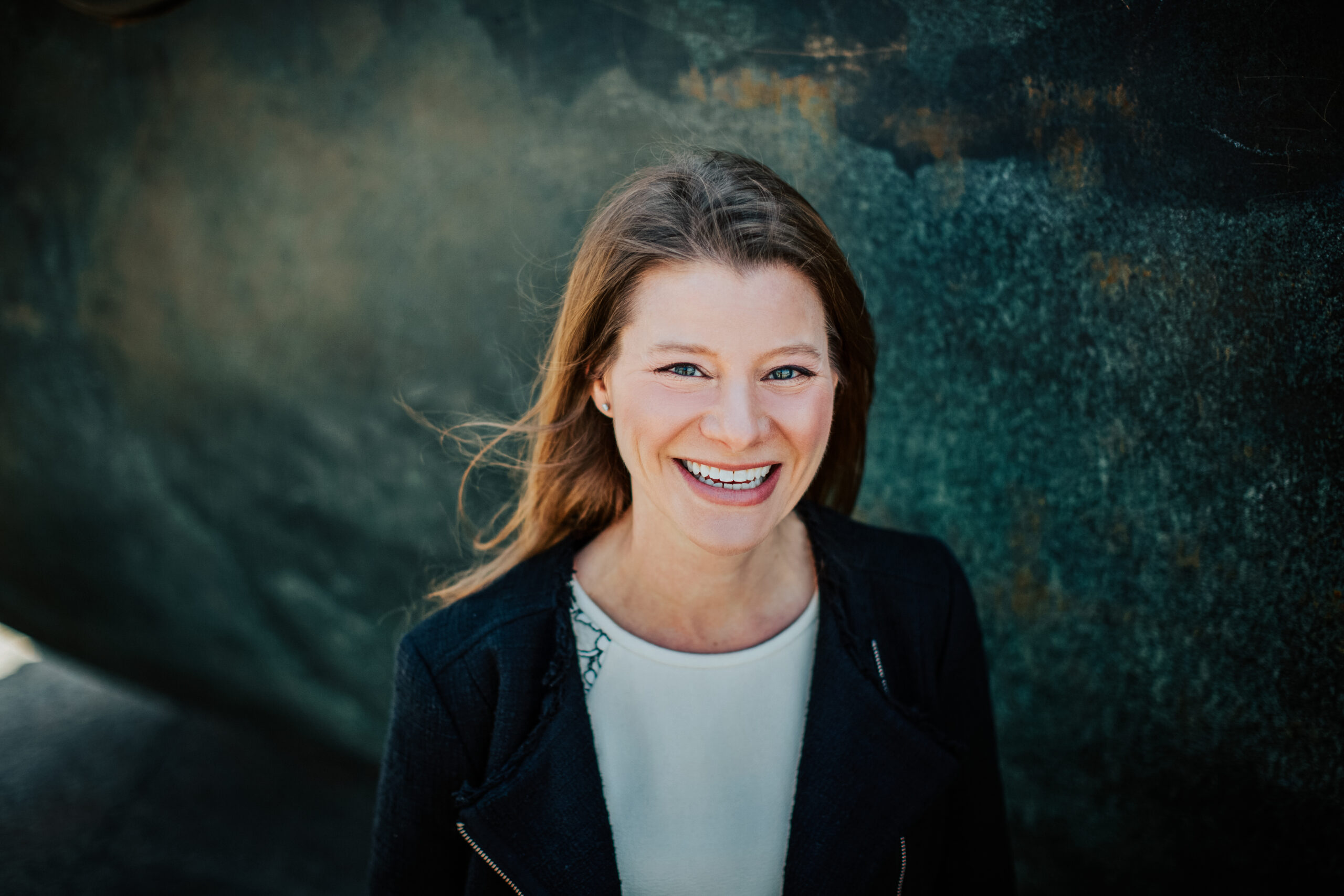Find a CBT Therapist
Search through our directory of local clinicians.
Renee Zweig

Featured Therapist Interview
Renee Zweig
I am Dr. Rene Zweig (she/her/hers), a Licensed Clinical Psychologist, a Certified Cognitive Therapist, a Certified Eating Disorder Specialist, and an iaedp-approved Eating Disorder Supervisor. I have been utilizing cognitive-behavioral, acceptance, and mindfulness interventions with patients throughout my career. I have been in private practice for nearly 20 years, and I am the founder and clinical director of a small group psychotherapy practice in New York City, Union Square Cognitive Therapy: www.unionsquarect.com
I graduated from the University of Michigan and earned my doctorate in clinical psychology from Rutgers University. While at Rutgers, I was lucky enough to train with Dr. Barbara McCrady and Dr. Terry Wilson. I completed my pre-doctoral internship at the Yale University School of Medicine and my post-doctoral fellowship with Dr. Robert Leahy at the American Institute for Cognitive Therapy (AICT). Prior to establishing Union Square Cognitive Therapy in 2010, I developed and directed the Eating Disorders Program at AICT. With Dr. Leahy, I co-authored Treatment Plans and Interventions for Bulimia and Binge-Eating Disorder.
I see patients in person in my NYC office and via telehealth. I am fully licensed to practice in New York, Connecticut, and Virginia, and I am a licensed telehealth provider in Florida. I particularly enjoy working with adults and adolescents with depression, anxiety disorders, eating disorders, body image disturbances, and perfectionistic beliefs. I often work with patients who want to develop a healthier relationship with food and exercise.
First, we would like to know a little about your practice.
What are your personal strengths as a practitioner?
I feel extremely lucky that I genuinely love my job! I’m certain this comes across in my work with patients. They know I am invested in their health and sincerely believe that change is possible. I think my patients find me to be sincere, relatable, compassionate, curious, and attentive. Every day, I get to meet with smart, interesting, motivated patients who trust me with their stories and struggles. Throughout our work together, I then get to watch them transform their lives.
I am also a true evidence-based practitioner. I stay abreast of the research and know that CBT, DBT, and ACT are effective treatments. At the end of the day, patients come to me because they want to feel better and to change unhealthy patterns. With my commitment to evidence-based practice, patients know they are getting the best possible treatment.
How do you remind your patients of their strengths during the therapy process?
My early clinical and research training was in alcohol and substance-use disorders. Through this training, I learned the importance of motivational enhancement and of building up each patient’s self-efficacy for change. I keep this in mind in every session. Every patient comes to treatment because they want to change something about their lives, but we know they are more likely to be effective if they can identify and build upon their strengths. Positive change is also more likely when someone is self-compassionate rather than self-critical. I encourage patients to initially make small changes to build momentum for additional change, to give themselves credit rather than discount positives, and to see their setbacks as learning opportunities. Modeling and reinforcing self-compassion has become an important component of my CBT practice with patients.
Are you involved in other types of professional activities in addition to your private practice?
Since expanding from a solo to a group practice, I now spend time mentoring and supervising (and learning from!) the other talented psychologists and social workers on my team. This has made my workdays even more rewarding. I enjoy watching the next generation of evidence-based therapists build their skills, confidence, and careers.
When not practicing CBT, what do you do for fun?
I am the kind of person who does not enjoy sitting still! When I’m not with patients, you might find me baking, helping my two kids with their homework, trying a new restaurant with my husband, doing yoga or a spinning class, playing with my dog and two cats, exploring NYC neighborhoods, planning my next trip, hiking or walking on the beach, photographing nature, reading a fun novel, or meeting a friend for coffee.
Finally, we would like to know your opinions about ABCT.
How long have you been a member of ABCT?
It’s an honor for me to be included as an ABCT Featured Therapist. I have been a member of ABCT since I attended my first annual conference as a graduate student in 2000 (back when it was AABT). ABCT has always been my professional home.
How has ABCT helped you professionally?
ABCT’s excellent conferences, forum, therapist directory, workshops, and webinars have helped me network, learn, and grow as a professional. Even mid-career, I continue to benefit from and value ABCT for myself and my supervisees.
